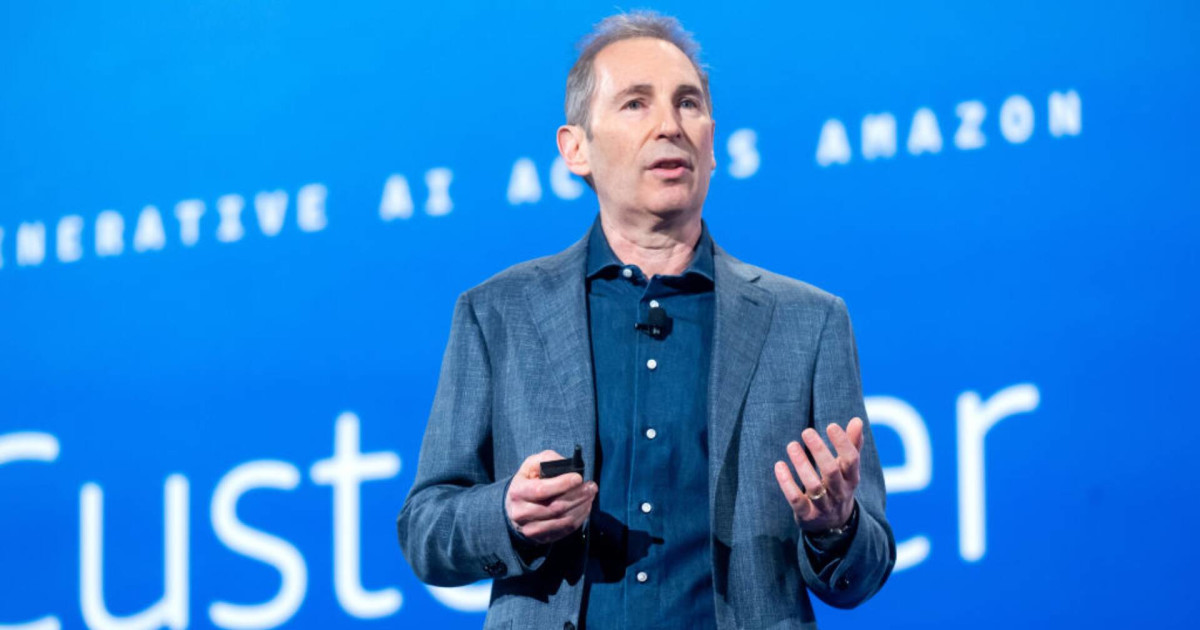Copyright newsroom

The country’s fast-growing gaming industry is making a pitch to young people to stay in the country and join their highly skilled sector, while Labour’s latest policy hopes to keep those gaming companies from heading offshore. On Wednesday, Labour announced its policy to expand the rebate system for game developers, allowing up to 15 more small companies to apply for a 25 percent saving on spends in New Zealand. But most of the extra cash would be going to a handful of high-performing developers already turning over millions. Many of these companies have been bought by private international firms but retain a physical presence in New Zealand. Government, Opposition and industry representatives hope the incentive will translate into local economic growth and job opportunities. Prime Minister Christopher Luxon recently told unemployed school leavers to “stop playing PlayStation and go find a job”. But New Zealand’s burgeoning gaming industry hopes that interest in PlayStation will translate into a career in the industry, which has grown by 86 percent in the past two years. At game developer PikPok’s headquarters in Wellington, Labour leader Chris Hipkins announced Labour’s third policy in three days, aimed at placating pleas from the gaming industry for more support. The industry has positioned itself as a high-paying sector with a need for a variety of backgrounds, from coding to art to finance, in hopes of retaining young New Zealanders who may otherwise go to work in Australia. The median income for a worker in the industry rose from $41,534 to $77,700 between 2013 and 2024, according to data collected as part of the rebate’s two-year review, published in September 2025. The total number of employees rose from 230 to 1600 over the same time period. PikPok’s chief financial officer Lance Burgess said the industry was “absolutely” a place young people should be looking to as they enter university. But gaming still wasn’t being recognised as the sort of esteemed career parents might want to encourage their children to pursue. “We have a job to do as an industry in encouraging parents to understand that our industry is a great place to get qualified and go into. Our industry pays well, and you get to senior positions relatively quickly compared to other industries as well,” said Burgess. Meanwhile, successive governments have positioned themselves as a willing source of handouts for the industry, in hopes of retaining one of its fastest-growing assets. Labour’s announcement would adjust the Game Development Sector Rebate – implemented by Labour’s Budget 2023 – to allow more of the $40 million annual allotment to reach the industry. Currently about $22m is actually spent each year. The total funding would not change, but could be extended in future budgets. Labour’s plan was to raise the roof and lower the floor. The minimum spend for eligibility decreased from $250,000 to $200,000, while the maximum a company could claim back in rebates rose from 20 to 25 percent. The total rose from $3m to $4.5m, offering an extra $1.5m to the handful of companies operating at such a high level. According to the rebate’s two-year review, most game developers have fewer than 10 employees. Over 100 firms represent individual people. Labour’s science and technology spokesperson Reuben Davidson was at the announcement, and said he expected lowering the floor would allow 10 to 15 more game developers to enter the rebate system. Hipkins framed the announcement as a bid to keep valuable industries onshore. “We want to back keeping our high-skilled, highly productive industries here in New Zealand; video gaming is a really good example of that.” The rebate itself was introduced by the Labour government after Australia began luring game developers with its own rewards: a 30 percent tax rebate and a $20m cap. The New Zealand system didn’t match these numbers, but retained enough of the industry to see its value nearly double since 2023, on track to outperform the wool industry. The coalition Government retained the policy, but Luxon wouldn’t commit to throwing its support behind Labour’s expanded policy despite his repeated praise for the sector’s growth. However, Act leader David Seymour said he did not think a rebate was the way to go. “I just oppose the idea that politicians should try and be venture capitalists. If you want to be a venture capitalist, do it yourself,” he said. “There is not the money to go and speculate on something that sounds sexy to politicians.” Burgess said the industry was in good shape following the support given by the programme introduced. The growth it enabled led to continued support by the coalition Government, which, as Burgess said, “continued the programme after axing pretty much everything else”. “We’re in a great place, we’ve got broad bipartisan support across Parliament now, and that is a great place to be. I’m happy we’re not going to be a football kicked around the political arena.” The coalition Government chose not to extend the rebate scheme in line with Labour’s new policy, despite industry pleas. Instead, it increased seed funding available through CODE (the New Zealand Centre of Digital Excellence) by about $2.75m, a move Hipkins supported. This enabled more small developers to grow to an appropriate size for the rebate rather than open more funding to already-large developers. The majority of the extra $11m expected to be used due to the changes – if Labour was able to govern and implement the policy in 2027 – would go to the handful of high-performing large developers. PikPok itself was one of those high performers. Mario Wynands, the company’s chief executive, told Newsroom the raised ceiling was “certainly something that would be beneficial to ourselves”. PikPok had hit the $3m ceiling and had urged government to raise the ceiling.



